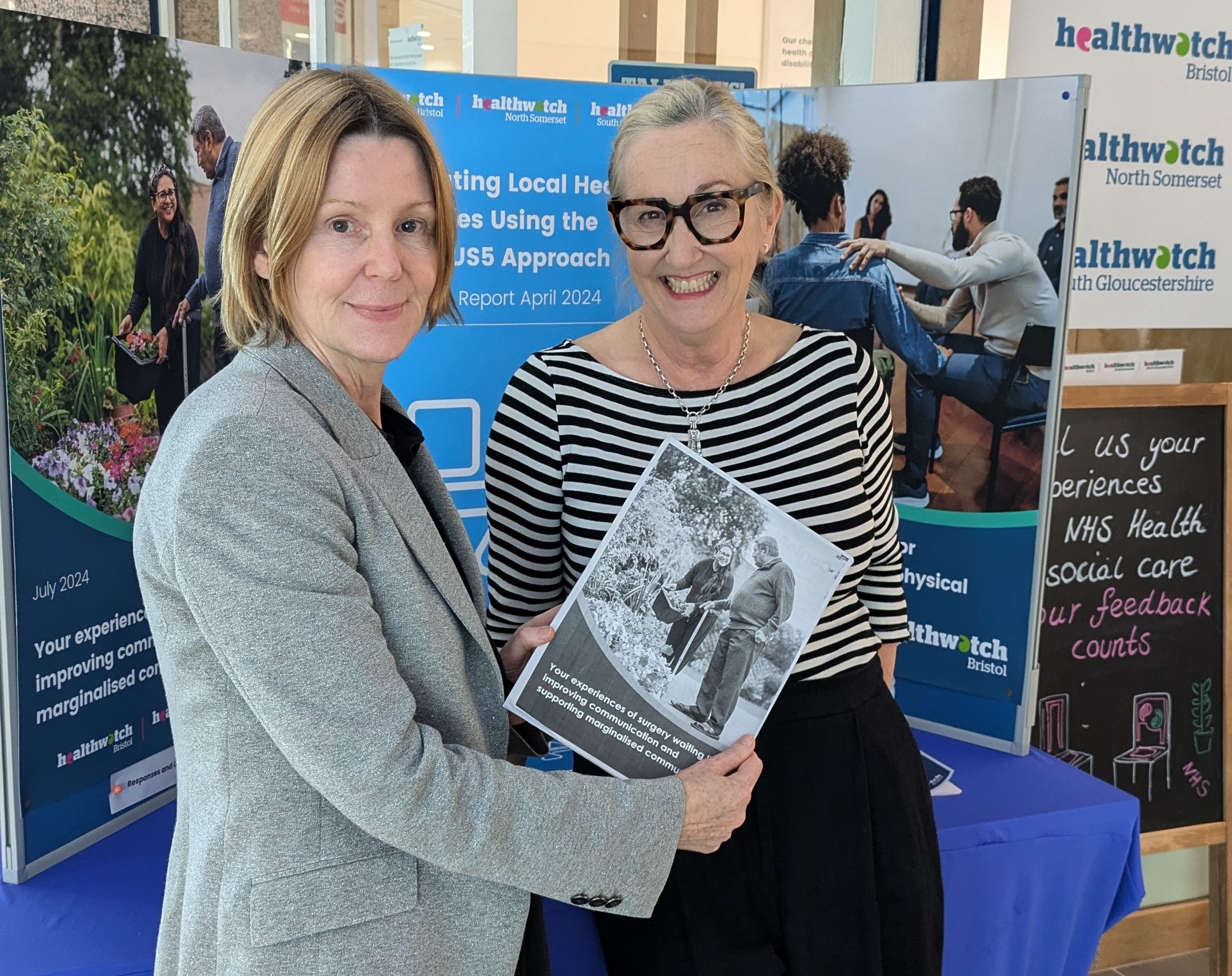Report: Your experiences of surgery waiting lists
They wanted to know what's working well and what needs improvement, particularly for patients who have been waiting longer than six months.
NBT especially wanted to hear from patients whose experience may be disproportionately impacted by healthcare inequality. NBT identified patient cohorts who are marginalised or seldom heard.
This included patients who were living in the most deprived areas of Bristol, North Somerset and South Gloucestershire, and people with protected characteristics including disability, ethnicity, age, neurodiversity, or people with additional communication needs.
Responses were gathered from 45 people using an online survey, telephone interviews, and focus group discussion.
What did patients tell us they wanted?
- More frequent communication during their wait for surgery.
- In addition to a medical-based pre-operative assessment, consideration should be given to personalised needs assessments of holistic factors (social, financial, housing) in advance of elective surgery.
- Elective surgery is the term for operations planned in advance.
- To be directed to evidence-based sources and would like to have links to these in one place, rather than having to find their own information online.
- Help in their community, in-person support and Social Prescribing.
Download a copy of our report below.
Downloads

Maria Kane, Joint Chief Executive, North Bristol NHS Trust and University Hospitals Bristol and Weston NHS Foundation Trust, with Judy, the author of this report.
Maria Kane, Joint Chief Executive of North Bristol NHS Trust and University Hospitals Bristol and Weston NHS Foundation Trust, said:
"We were keen to understand the experience of our patients waiting for surgery and reached out to Healthwatch to help us with this work.
While people understand the pressures the NHS is facing, we have consistently found that they are still struggling to access the information and support services that can be crucial to them, particularly when they have to wait an increasingly long time ... these challenges are not always experienced equally across all patient groups. All too often, we can see that a poor experience of waiting is linked to wealth, disability, education, gender or ethnicity.
If you're waiting for surgery, tell us about your experience by clicking the pink 'Talk to us' button below and completing our feedback form.

